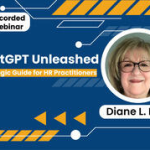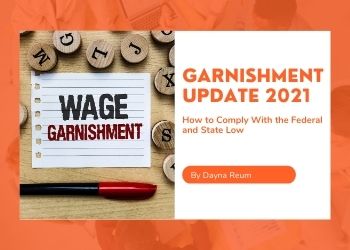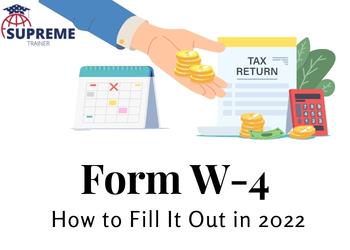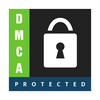RECORDED TRAINING COURSE
As the COVID-19 vaccination is being distributed across the nation, many businesses are asking whether they can or should require their workforces to get the vaccine. In response to such questions, the Equal Employment Opportunity Commission (EEOC) recently issued guidance on vaccination-related issues in the workplace. Such issues implicate the Americans with Disabilities Act (“ADA”) and Title VII of the Civil Rights Act of 1964 (“Title VII”), among other laws. Employers who are considering implementing vaccination programs should adhere to the EEOC guidance.
However, Employers should understand what the requirements are under the EEOC guidance and what factors can impact them if they are not followed. Moreover, proper communication of policies should ensure proper compliance. Employees will have many questions and the Employer needs to have the answers to ensure the employees have confidence.
Employers also have to ensure there are accommodations made for those employees who are not ready for mandatory vaccinations because of religious or disability concerns. The bottom line is that there should be some accommodations made that do not impose an undue hardship to offer those employees in these specific scenarios.
SESSION HIGHLIGHTS:
- What is part of the EEOC Guidance that Employers need to include in their employee handbook and stand-alone policies
- What vaccination guidelines need to be included in the employee handbook and which need to be excluded
- What vaccination process needs to be established to be compliant with EEOC requirements
- What are the religious protections implications about vaccines
- Pros and cons of mandatory vaccines
- What if the employees can’t access the vaccine
- What are the job-related and consistent with business necessity when it comes to mandatory vaccination
- What are some states focused on when it comes to mandated vaccines
- What happens if employees refuse to be vaccinated
- Are there consequences if Employers do not mandate vaccination
- How can Employers maximize the new Center for Disease Control and Protection (CDC) guidance and future goals
- What should be included in a workplace vaccine policy
- What are the best practices when it comes to vaccine policies
- How is the new administration handling COVID-19 in the workplace
Why You Should Attend:
COVID-19 has made a significant impact in the workplace. Employers need to develop policies and procedures that meet the criteria of the EEOC while establishing safety measures in the workplace. COVID-19 is part of the workforce for the next 2-3 years and Employers need to adapt to the changes to ensure employees and their stakeholders have confidence in the workplace. COVID-19 policies must take into consideration all the landmines that can expose Employers like the ADA, HIPPA, Privacy issues, reasonable accommodations, and compliance of other regulatory entities.
Who Should Attend:
- Human Resource Managers
- HR Professionals
- Managers and Supervisors
- Compliance Professionals
- Small Business Owners
- Non-Profit Administrators
- General Managers
- Office Managers
- Payroll Professionals
- Lawmakers
- Attorneys
- Accounting Professionals
- Labor Unions
- Professors
- Instructors
- Trainers
**Recorded Version: Unlimited viewing for 365 days ( Access information will be emailed 36 hours after the completion of live webinar).
 Margie Faulk, PHR, SHRM-CP is a senior level human resources professional with over 14 years of HR management and compliance experience. A former Compliance Officer for Federal Defense Contracting Industry, Margie has worked as an HR and Compliance advisor for major corporations and small businesses in the small, large, private, public and Non-profit sectors. Margie is bilingual (Spanish) fluent and Bi-cultural.
Margie Faulk, PHR, SHRM-CP is a senior level human resources professional with over 14 years of HR management and compliance experience. A former Compliance Officer for Federal Defense Contracting Industry, Margie has worked as an HR and Compliance advisor for major corporations and small businesses in the small, large, private, public and Non-profit sectors. Margie is bilingual (Spanish) fluent and Bi-cultural.
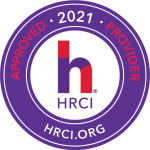
1.5 CEU HRCI | 1.5 PDC SHRM APPROVED





